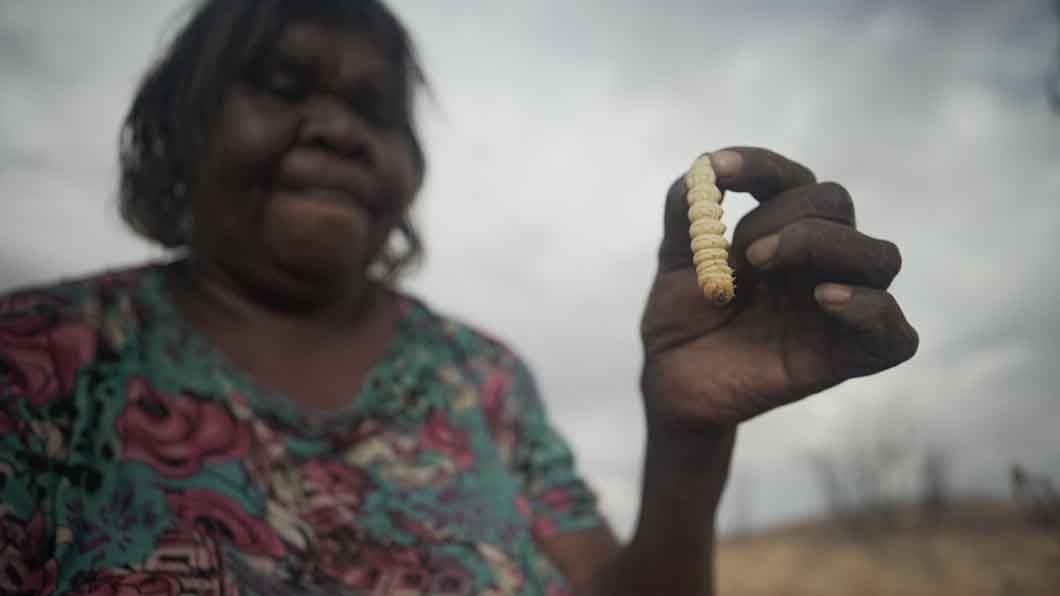A person has a disability when they can’t do the things they used to. It limits them from fully participating in their community. These disabilities can affect the body as well as the mind. Many people will have family members with a disability and others who don’t have a disability will take care and support family and friends who do.
Disability is common and almost every person will experience disability in their lifetime, whether it be short time or a permanent thing. Having a disability can lead to other health issues too. So it’s important that people with a disability, and their carers, regularly access services so they can get the right treatment and support. Disabilities can be caused by illness, an accident, ageing, inherited disorder, or a combination of these things. A person can become disabled suddenly or over time.
Treatments vary, it depends on the type of disability. Sometimes a person has a disability for a short time. For example, a person who’s had a stroke might be able to regain some level of function that they’ve lost with the treatment of rehabilitation and speech therapy. Sometimes a person with a disability will develop other conditions, like depression, which could mean longer support. It’s important when treatments are long term, or chronic, that you access supports available and never be ashamed to ask for help.
If you have a disability, or if you are caring or supporting somebody that does, have a yarn to your medical service to find out what treatments and supports are available. There are many programmes and services you might have access to and your medical team can help connect you with those. It’s also important to tell them what type of support you need to keep you and your family strong, within your relationship, your family, your community, and your culture. For example, if you need to visit an auntie who you don’t have transport to go see, ask the medical service if there is a way that they can help.
The treatment and services will be different depending on where you live and what you need. You might be eligible under the NDIS for particular services that could help in your situation. You might have access to a planner who will work with you to put a plan together to get services and support you need. There are phone and online services that can help, like free telephone counselling services. If this is something that you need, though.
Carers need support too, including respite. It’s part of a GP’s job to help with this so talk to the medical service if you are a carer. You don’t need to look after disability on your own. Reach out to your medical service and get as much support as you need. All these services can help with your healing and can help you and your family be strong. By getting the information and services you need, anything is possible and you can live beyond just coping.
Contact disabilities Australia
https://dsa.org.au/contact-us/
1300 372 121 Email us at customerconnections@dsa.org.au

